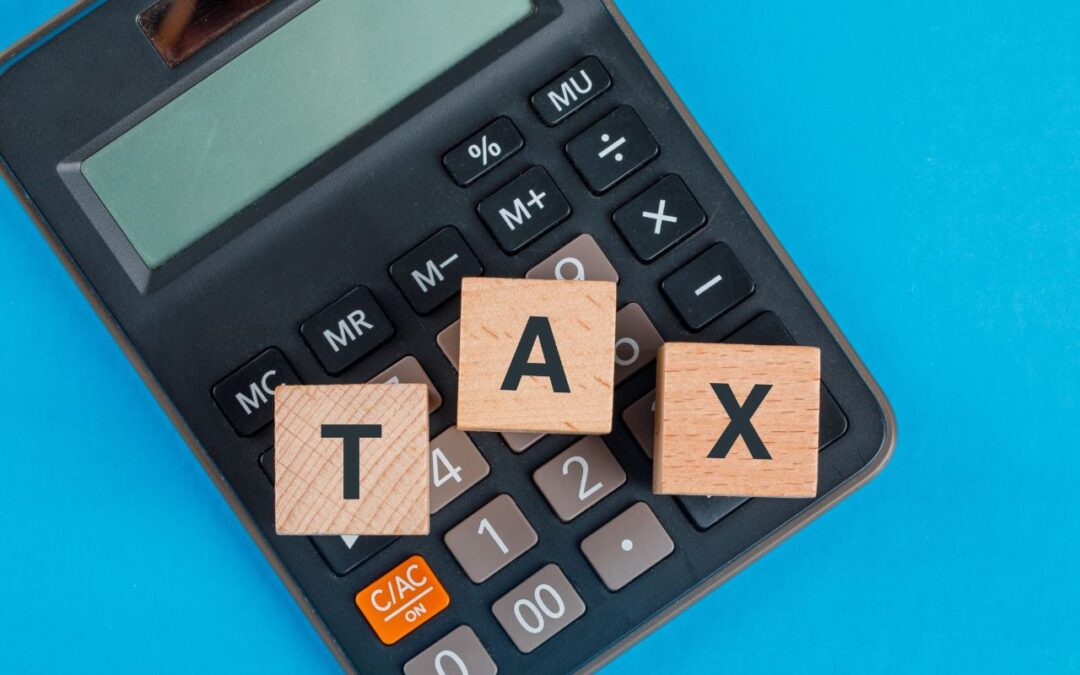Introduction: Why U.S. Citizens in India Still Need to File Taxes
If you’re a U.S. citizen living in India and you’ve never filed U.S. taxes, you’re not alone. Many American expats mistakenly assume that paying taxes in India is enough. Unfortunately, the United States is one of the few countries that taxes based on citizenship, not residency.
That means even if you live in India full-time, you’re still required to file an annual U.S. tax return. The good news? There are special rules, credits, and amnesty programs to help you get compliant without facing overwhelming penalties.
U.S. Tax Rules for Expats Living in India
Citizenship-Based Taxation Explained
Unlike most countries, the U.S. taxes its citizens no matter where they live. Whether you’re in Mumbai, Bangalore, or Delhi, your worldwide income must be reported to the IRS.
Filing Thresholds and Who Must File
If your annual income exceeds $12,950 (single) or $25,900 (married, filing jointly) in 2025, you must file. Even students, retirees, and homemakers may have to file if they meet filing thresholds.
Common Myths About U.S. Taxes Abroad
- Myth: “I pay taxes in India, so I don’t need to file in the U.S.”
- Truth: You must file in both countries, but tax treaties and credits prevent double taxation.
What Happens If You Haven’t Filed US Taxes While Living in India?
IRS Penalties for Late Filers
The IRS may impose failure-to-file and failure-to-pay penalties, which can add up quickly over years of non-compliance.
Risks of Ignoring FBAR (Foreign Bank Account Report)
If your Indian bank accounts exceed $10,000 USD at any point in a year, you must file an FBAR. Failing to do so can lead to penalties of up to $10,000 per violation.
Passport Renewal and Banking Issues
Americans with significant unpaid tax debts may face difficulties renewing passports or accessing foreign financial services due to FATCA regulations.
The U.S.-India Tax Treaty and Its Benefits
Avoiding Double Taxation
The U.S.-India tax treaty ensures that Americans aren’t taxed twice on the same income.
Claiming the Foreign Tax Credit (FTC)
You can use U.S. tax Form 1116 to claim credits for taxes paid in India.
Using the Foreign Earned Income Exclusion (FEIE)
Form 2555 allows you to exclude up to $126,500 (2024 limit) of foreign earned income from U.S. taxes if you qualify under residency tests.
How to Catch Up if You Haven’t Filed for Years
Streamlined Filing Compliance Procedures
This IRS program helps Americans abroad get compliant by filing 3 years of tax returns and 6 years of FBARs penalty-free, provided non-compliance was not willful.
Delinquent FBAR Submission Program
If you only missed FBARs but filed taxes, you may qualify for this simplified program.
When Voluntary Disclosure is Needed
If the IRS suspects willful avoidance, the Voluntary Disclosure Program may be required—though it comes with penalties.
Documents You’ll Need to Get Compliant
- Indian and U.S. income records (salary slips, tax returns, etc.)
- Bank account statements (NRE, NRO, PPF, mutual funds, etc.)
- Proof of residency in India (visa, rental agreements, utility bills)
Common Mistakes Expats Make When Filing from India
Ignoring Indian Pension and PF Accounts
Provident Fund (PF) accounts and retirement savings must often be reported to the IRS—even if tax-deferred in India.
Forgetting to Convert Rupees to USD
The IRS requires all income and assets reported in U.S. dollars using official exchange rates.
Filing Without Professional Guidance
Indian and U.S. tax systems differ significantly. DIY filing often leads to missed credits or incorrect reporting.
Why Professional Help Matters for U.S. Expats in India
With complex reporting requirements, FATCA enforcement, and dual taxation rules, working with an expat tax professional ensures accuracy, penalty protection, and peace of mind.
FAQs: Haven’t Filed US Taxes While Living in India?
1. Do I need to file U.S. taxes if I pay tax in India?
Yes. You must file annually with the IRS, but tax credits prevent double taxation.
2. How far back do I need to file if I’ve never filed?
Usually 3 years of tax returns and 6 years of FBARs under the Streamlined Program.
3. Will I owe money if I already pay taxes in India?
Most expats owe little or nothing after credits, but filing is still mandatory.
4. What happens if I ignore my filing obligation?
You risk IRS penalties, banking restrictions, and passport issues.
5. Can I use TurboTax to file from India?
While possible, it’s risky—most expats need a specialist due to treaty and FBAR rules.
6. Is there a deadline for using the Streamlined Program?
No official deadline, but the IRS may end it anytime, so acting now is wise.
Conclusion: Don’t Wait—Get Compliant Today
If you haven’t filed US taxes while living in India, you’re not alone—but the longer you wait, the riskier it becomes. With the Streamlined Amnesty Program and tax treaty protections, you can catch up penalty-free and regain peace of mind.
Living abroad should be about opportunity and growth—not IRS stress. The best time to act is now.






